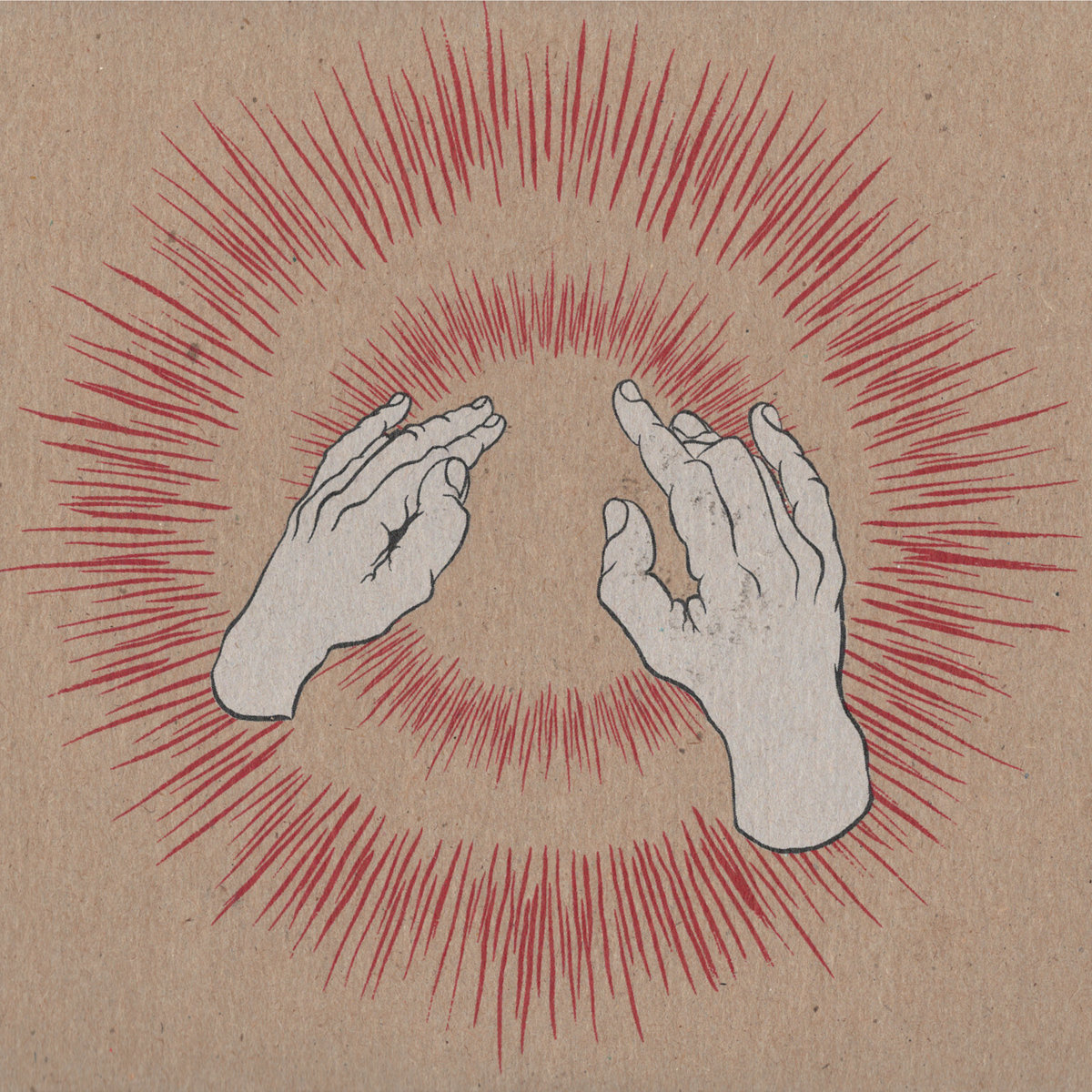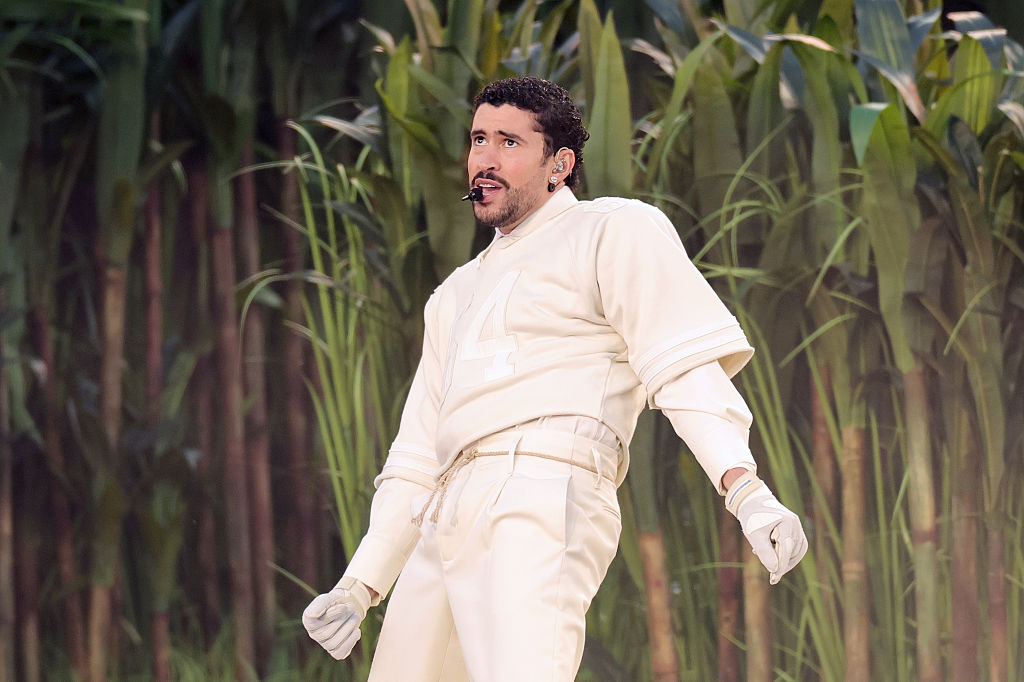There comes a point in a young man's life when he simply cannot watch any more experimental black-and-white short films from Canada. One night in August of 2000, the mysterious Montreal band Godspeed You! Black Emperor came to play at New York's Knitting Factory, a club that was already much too small for this band. The show was a benefit for Anthology Film Archives, the second-run movie theater and downtown institution, and the place was oversold to a possibly-dangerous degree. Bodies were jammed into that room in ways that weren't even close to being comfortable. This was pre-smoking ban, and there were so many cigarette fumes in the air that your eyes started stinging the second you walked in. Those of us in that room were treated to a whole crash course in Canadian experimental film -- many, many crackly black-and-white things projected on a tiny screen above the stage. Those films were the opening act. We were left with no indication of how long we might have to watch these films before this band finally came onstage.
That summer, I worked the door at the Knitting Factory. The club wasn't doing well. Its owners had spent a whole lot of money on its annual jazz festival, which, at least as far as I could tell, had not been successful. My paychecks kept bouncing. Musicians kept calling the main phone line to ask me where their money was, and I had no idea how to answer. One day, I walked into the club past a line of protesters who were yelling and blowing whistles, and I wondered what that was all about. It turned out that someone had rented the space out to an ad agency to shoot an Amstel Lite commercial during a SAG strike, and I'd just unwittingly crossed a picket line. I wasn't happy.
That summer, only two Knitting Factory shows sold out ahead of time. One was hometown heroes Luna, who were taping their live album, and who were transcendent. The other was Godspeed, the Montreal collective who had released their debut F♯ A♯ ∞ a few years earlier and who had already built up a ravenous cult. I went to that show that night mostly because I was curious. I'd seen the name in zines and alt-weeklies. I hadn't heard the music. After maybe 45 minutes of experimental Canadian short films, I went to find the venue's night manager to ask when this shit would start. She told me that one of their drummers hadn't shown up yet, or something, and she didn't even know if the show would happen. So I left. By all accounts, I missed something special that night.
Two months after that night, Godspeed You! Black Emperor released the absolutely massive double album Lift Your Skinny Fists Like Antennas To Heaven, and then I knew I'd missed something special. The album, released 20 years ago today, was rapturous -- four tracks, each about 20 minutes long, spread over two CDs, sold in a kind of brown paper envelope with a picture of two disembodied hands on the front. The pieces of music -- songs didn't seem like an adequate word -- started out slow and vaporous, and then the rose and built and rose and built until they were towering waves of sound. Then those tides ebbed back and gave you a chance to think, or to feel, or to catch your breath before they slowly and deliberately rose again.
Other than the crackly and ominous little samples that would come in -- a convenience-store loudspeaker announcement, a folk song, an old man talking about how great Coney Island used to be -- the music was instrumental. The liner notes suggested how the tracks should be carved-up into movements, and I used to drive myself nuts trying to figure out which segments of which tracks I should play on my college radio show. (Absolutely nobody listened to that thing, and you couldn't even hear it in most of the dorms at Syracuse. I still agonized over what to play like it meant something.) But the obvious thing to do was to just let the whole 87-minute totality of album ride -- to let it drag you away into another world.
There was always something escapist about what Godspeed did, about the immersive quality of their beauty. At times, the music could be almost suffocatingly pretty. Guitars would spiral upwards, soaring and swirling and diving like kites on windy days. Horns would bleat out royal fanfares. Violins would shimmer and sigh. You could lose yourself in that sound. You could let it take over you.
But Godspeed were not escapists. There was no fantasy to what they were doing. The members of Godspeed were (and are) leftist punks. If you wanted, you could hear their music as critique of a broken, dehumanizing system. You could see the same thing in the way they presented themselves -- no frontman, no public face, no hierarchy. Godspeed were notorious for everything that they did to sublimate the actual humans in the band to the collective power of what they were doing. They didn't do interviews or pose for promo photos. When they played live, they played in the dark. Even if they were your favorite band, you could walk past one of the members on the street and have no idea.
Nobody else was doing what Godspeed were doing. These days, people use the term "post-rock" to talk about Godspeed, but I don't remember anyone using it at the time. (At the time, "post-rock" meant, like, Tortoise. It meant jammy and jazzy stuff, often with a DJ onstage.) Mogwai's whole style, which they figured out independently of Godspeed around the same time, had a similar delayed-release grandeur, but I never thought of Mogwai and Gospeed on the same terms. Mogwai were a loud band with a cute name. (They're more than that, of course, but that's how I thought of them then.) Godspeed were something else. Godspeed were mythic. I didn't even think of them in terms of genre -- or, if I did, it would've been something paradoxical, like "symphonic crustpunk."
I think you can still hear that mythic quality in Lift Your Skinny Fists Like Antennas To Heaven -- which, for my money, remains the band's best album, though there's not a dud in the bunch. Lift Your Skinny Fists isn't built for playlists, for sampler tastes. It's a whole experience, and it might be the purest one outside an actual Godspeed show. You don't just throw this record on and go about your day. You submit to it. You breathe it in.
A couple of years after leaving that Knitting Factory show early, I finally saw Godspeed play a cavernous Masonic temple in Baltimore. The world had already changed. 9/11 had happened. America had pushed ahead on its mindless march to war. On that Godspeed tour, cops in Oklahoma detained the band on suspicion of being terrorists. Godspeed's music had helped soundtrack an apocalypse in 28 Days Later. Other bands, like Explosions In The Sky, had started doing a more approachable version of Godspeed's sound. But Godspeed You! Black Emperor still stood tall and singular.
At that Baltimore show, Black Dice opened, and every punk I knew was there. I don't remember whether Godspeed played old songs or new ones. I just remember the way they made me feel. I was soaring with them that night. Godspeed have always played with film projections behind them; their projectionist is a full member of the band. Most of the time, what we saw in the dark were images of bombs, or of decaying factories. But late in the show, during one of the final crescendos, the flickering word "HOPE" suddenly filled up the room. It meant a lot to me then, and it means a lot to me now.
A few months after that Baltimore show, Godspeed went inactive. They came back again seven years later, and they've released three albums since. All of them are great. I've seen the band again, too, and those sets have been powerful. But it hasn't been the same. Today, Godspeed is a great band that makes great records. They operate in a commendably anti-capitalist way, but they still play festivals -- or, at least, they did, when they were active and when festivals were happening. But I miss when they were shapes moving in the dark. I even miss when they were absences -- the band who made me sit through 45 minutes of Canadian experimental films, and who then made me regret going home early.






